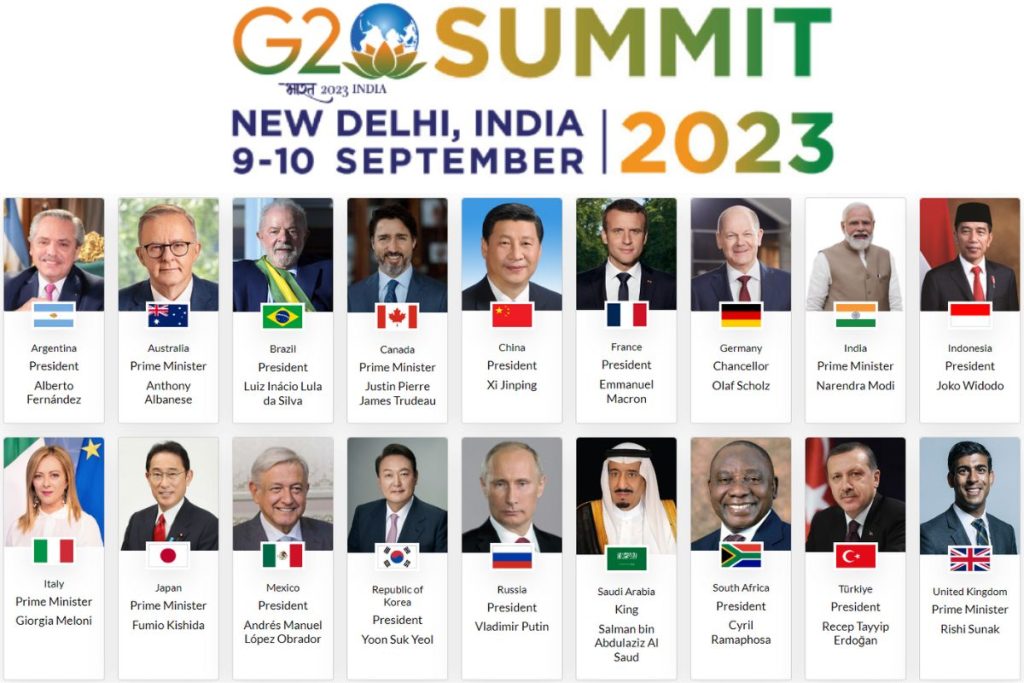Deeper and more entrenched divisions over Russia’s war in Ukraine risk derailing progress on issues such as food security, debt distress and global cooperation on climate change when the world’s most powerful nations meet this weekend in New Delhi.
The hardened stance on the war has prevented agreement on even a single communique at the 20 or so ministerial meetings of the G20 during India’s presidency this year, leaving it to the leaders to find a way around, if possible.
But China will be represented by Premier Li Qiang, not President Xi Jinping, while Russia has confirmed President Vladimir Putin’s absence, suggesting that neither nation is likely to join any consensus.
That means the two-day summit from September 9 will be dominated by the West and its allies. The G20 leaders who will attend include US President Joe Biden, German Chancellor Olaf Scholz, French President Emmanuel Macron, Saudi Arabia’s Mohammed Bin Salman and Japan’s Fumio Kishida.
A failed summit would expose the limits of cooperation between Western and non-Western powers, and prompt countries to double down on the groups they are more comfortable with, analysts said.
To tackle global threats “breaking off into Western and non-Western blocs isn’t what you want,” said Michael Kugelman, the director of the South Asia Institute at the Wilson Center in Washington.


